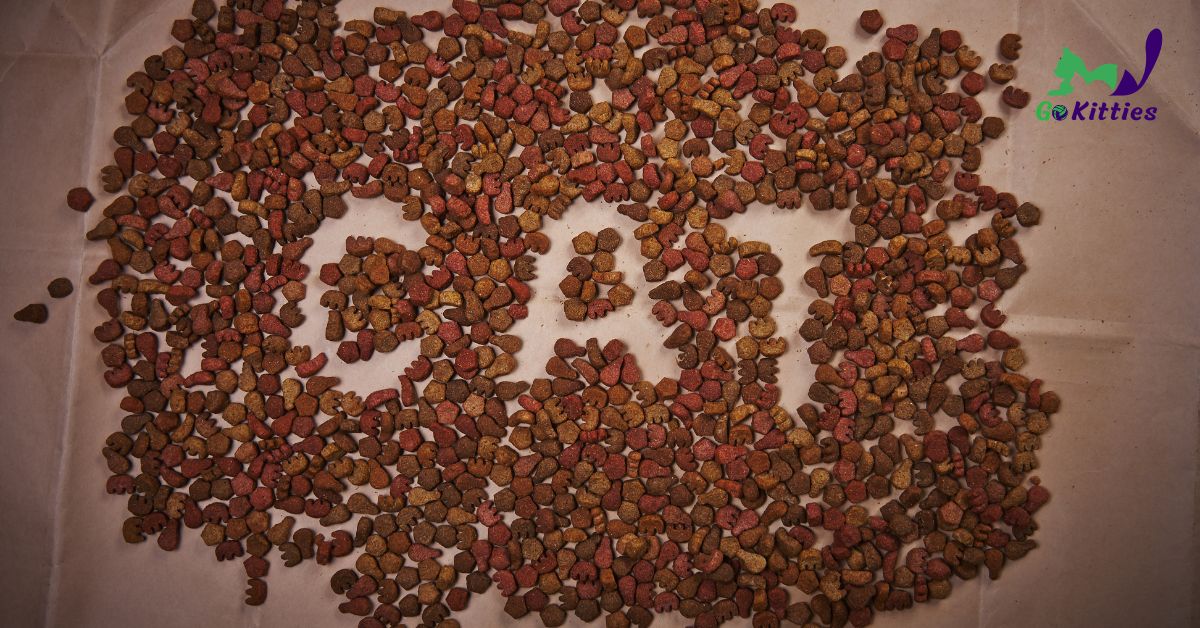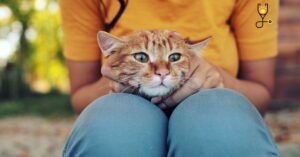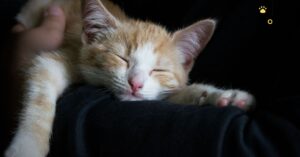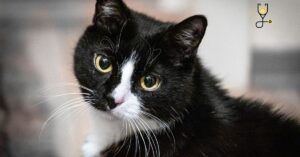Do you know what byproducts are in your cat’s food? If not, it’s important to learn. Byproducts are the parts of an animal that aren’t considered meat, including organs, bones, and other non-muscle tissues. Some people worry that byproducts might be unhealthy for cats, but that’s not always the case. In this blog post, we’ll explain what byproducts are and offer advice on how to choose a food that is right for your cat.
What Are Byproducts In Cat Food?
A byproduct is a substance that is not the main ingredient in a product. Byproducts can be found in many different types of food, including cat food. Some common byproducts in cat food include meat byproducts, grains, and fillers.
Common Byproducts In Cat Food
1. Meat byproducts are a common byproduct in cat food. These byproducts can include organs, bones, and other meat products.

2. Grain is also a common byproduct in cat food. Grains can include rice, wheat, and corn.
3. Fillers are another common byproduct in cat food. Fillers can be used to add bulk to the food without providing any nutritional value.
4. Animal fat is also commonly found in cat food as a byproduct. This fat is used to add flavor and calories to the food.
5. Preservatives are often added to cat food as byproducts. These preservatives help to keep the food fresh and extend its shelf life.
Benefits Of Byproducts In Cat Food For Cats
There are a number of benefits to feeding your cat food that contains byproducts. Here are nine of the most important:
1. Byproducts are a good source of protein and other nutrients.
2. They help keep cats healthy and provide them with energy.
3. Organs are high in vitamins and minerals, making them a nutritious addition to cat food.
4. Bones help clean teeth and provide calcium and other minerals.
5. Other non-muscle tissues provide some important nutrients for cats.
6. Byproducts are a cheap and easy way to supplement your cat’s diet.
7. They can help keep your cat’s weight under control.
8. Feeding your cat food that contains byproducts can help reduce the risk of certain diseases, such as kidney disease.
9. It helps support the humane treatment of animals by providing a use for their carcasses.

What Amount Of Byproducts Should Present In Cat Food
When it comes to byproducts, not all are created equal. Some byproducts are more nutritious than others, so it’s important to look for foods that contain high-quality byproducts. You should also look for foods that have a balance of different types of byproducts. This will ensure that your cat is getting the nutrients they need.
A good rule of thumb is to look for cat food that contains at least 30% byproducts. This will provide your cat with the essential nutrients they need to stay healthy. However, you may want to consult with your veterinarian to see what percentage of byproducts is best for your cat’s individual diet.
Risk Factors Of Byproducts For Cats
Although byproducts can be an important part of a cat’s diet, there are some risks associated with feeding them too many. Here are nine of the most important:

1. They can cause weight gain.
2. They can contribute to the development of certain diseases, such as kidney disease.
3. They may not provide all of the nutrients that cats need.
4. They can be a source of toxins and other harmful compounds.
5. They can increase the risk of intestinal blockages.
6. They can cause nutritional imbalances.
7. Some byproducts may not be digestible by cats.
8. They can be a source of allergens.
9. They may contain high levels of fat or cholesterol.
Myths About Byproducts In Cats
There are a number of myths about byproducts in cats.
- Byproducts are unhealthy for cats.
- They can cause weight gain or nutritional imbalances.
- They are a source of toxins and other harmful compounds.
- They are not digestible by cats.
- Feeding your cat food that contains byproducts can increase the risk of intestinal blockages.
How To Choose the Best Cat Food For Cats?
When it comes to choosing the best cat food for your cat, there are a number of factors you need to consider. Here are nine of the most important:
1. The type of byproducts in the food.
2. The quality of the byproducts.
3. The balance of different types of byproducts.
4. The number of byproducts in the food.
5. The age and health of your cat.
6. Whether your cat is an indoor or outdoor cat.
7. Whether your cat is overweight or obese.
8. Whether your cat has any dietary restrictions or allergies.
9. The price and availability of the food.
Conclusion
There are a number of benefits to feeding your cat food that contains byproducts, including the fact that they are a good source of protein and other nutrients. However, you should consult with your veterinarian to see what percentage of byproducts is best for your cat’s individual diet. There are also some risks associated with feeding cats too many byproducts, such as weight gain and nutritional imbalances. So be sure to balance out your cat’s diet with a variety of different types of byproducts.
Frequently Asked Questions
1. What are byproducts?
Byproducts are the parts of an animal that are not muscle. This includes organs, bones, and other tissues.
2. Are byproducts unhealthy for cats?
No, byproducts can be an important part of a cat’s diet. However, you should consult with your veterinarian to see what percentage of byproducts is best for your cat’s individual diet.
3. Do they cause weight gain or nutritional imbalances?
No, but they can if fed in excess. Consult with your veterinarian to determine how much byproduct is right for your cat.
4. Are they a source of toxins and other harmful compounds?
Some byproducts may contain high levels of toxins or other harmful compounds, so it’s important to look for foods that contain high-quality byproducts.
5. Are they digestible by cats?
Yes, most byproducts are digestible by cats. However, some may not depending on their individual dietary needs.
6. Can I feed my cat food that contains byproducts that increase the risk of intestinal blockages?
It is possible that feeding too many products could increase the risk of intestinal blockages in some cats. Consult with your veterinarian to find out, if most byproducts are digestible by cats. However, some may not depending on their individual dietary needs.







